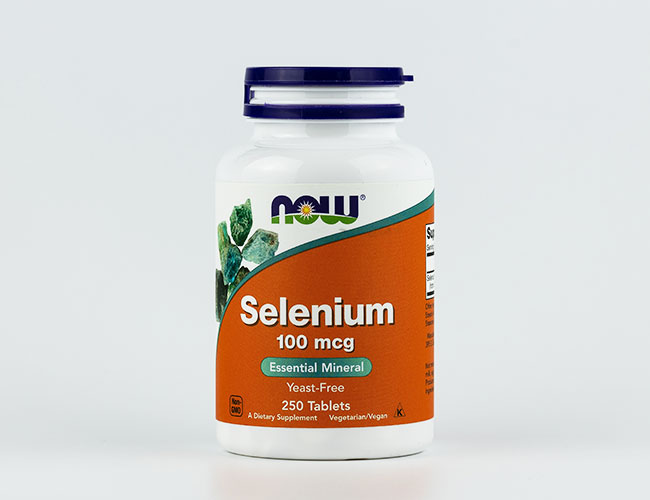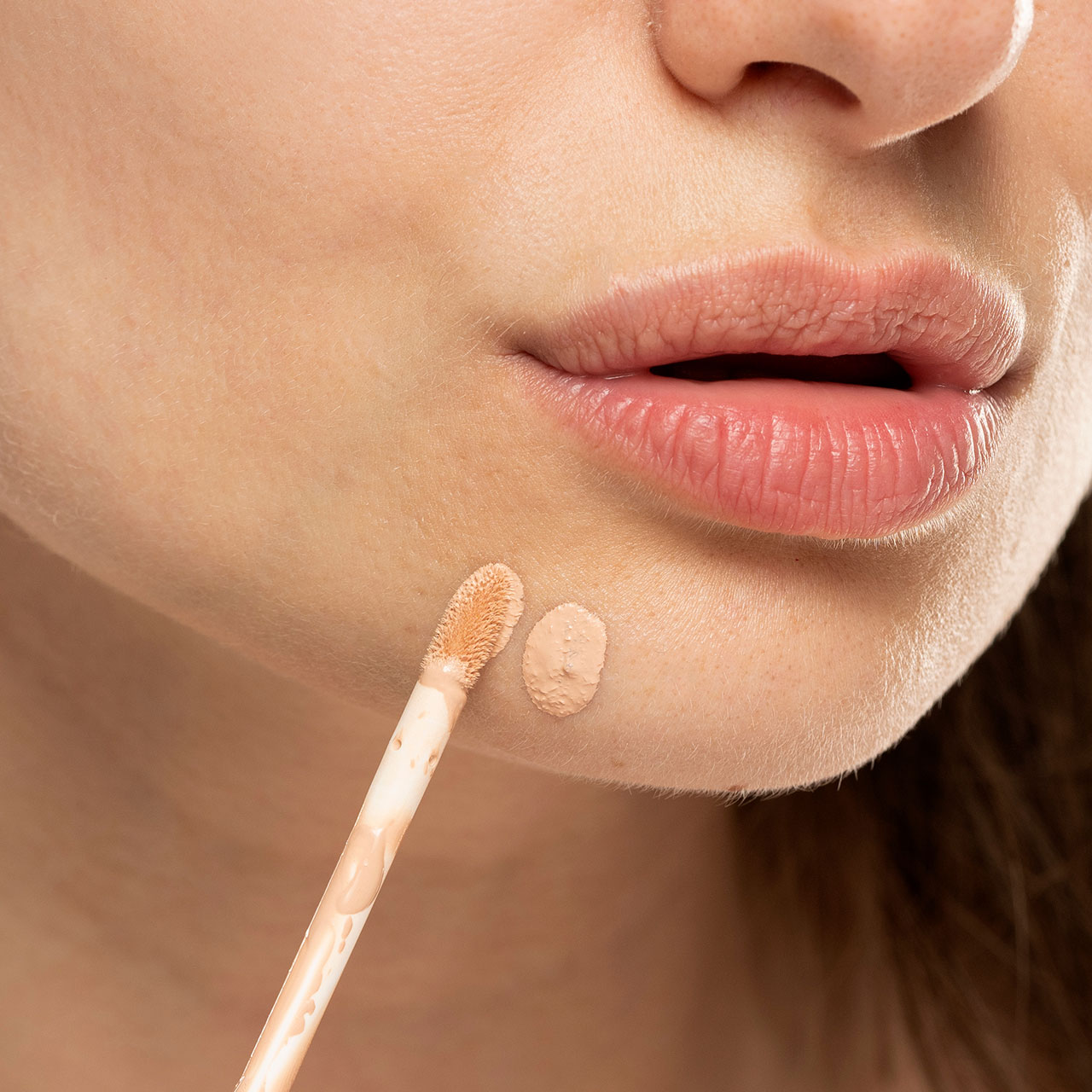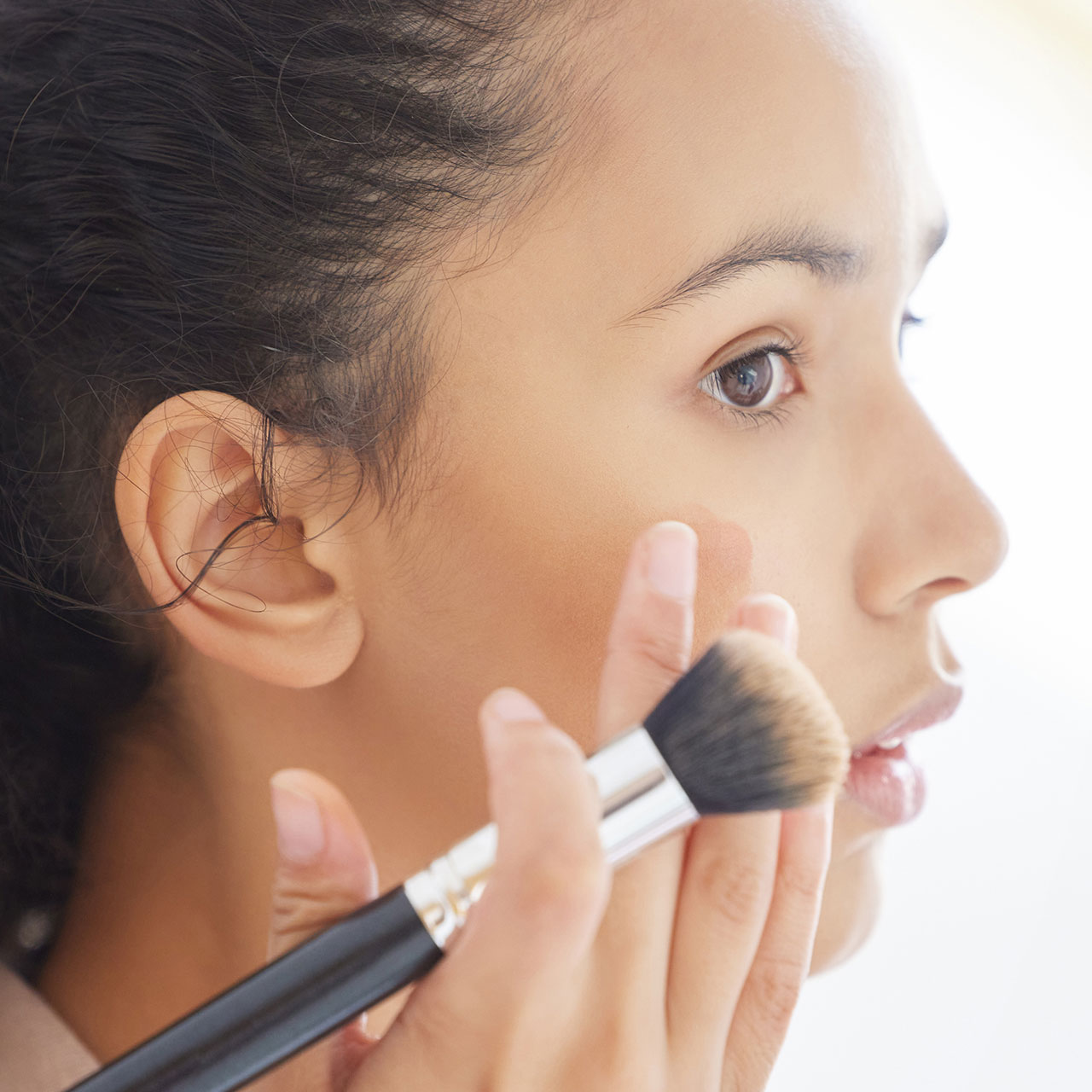This post has been updated since it was originally published on June 22, 2022.
Supplements are most often intended to improve your overall health, filling in nutritional gaps and allowing your body to feel like the best version of itself. However, while most supplements are great for providing essential nutrients to your body, you always run the risk of experiencing potential side effects that certain vitamins may bring about.
Hair loss is a common and unfortunate beauty struggle, and while it can stem from a number of natural causes from stress to genetics, there’s a chance that your supplement routine may be to blame for the excessive loss of strands. Before you make any dramatic changes to your lifestyle to address the issue from the root, there are two supplements that hair loss experts agree could be causing more hair thinning and shedding or are potential culprits behind other health problems you’re experiencing.


Selenium
Selenium is a valuable supplement that works to boost thyroid health as well as protect from heart disease and improve your immune system. Typically found in foods such as fish, ham and brazil nuts, selenium is a naturally occurring nutrient that provides great benefit to the body. That being said, if you’re suffering from hair loss, there’s a chance your selenium supplementation may be to blame. “While it’s an essential nutrient, [selenium] can be linked to hair loss when taken in excess. If you’re experiencing unwanted hair loss, it’s probably a good idea to watch your selenium consumption,” notes Jae Pak, M.D. and hair restoration specialist.
The reason that vitamins and supplements may have adverse effects on your health is that they’re often not firmly regulated by the FDA, meaning that many side effects can fly under the radar as they’re not being tested for. “This has been a problem to the consumer for many years, [and] is why choosing a reputable company who is cGMP-certified is essential,” suggests PharmaD, Joseph Kennedy. “This means their products are manufactured with state of the art technology that is up to date and more importantly, these facilities conduct a series of batch testing to ensure quality, cleanliness and accurate potency.”

Selenium has been largely associated with hair loss in the past, and in a study conducted by the International Journal of Trichology, it was found to have the potential to cause “massive alopecia” when consumed in excess, particularly in the form of paradise nuts. Therefore, Kennedy suggests skipping out on selenium supplements, as well as unregulated products altogether in favor of a collagen supplement if you’re struggling with significant hair loss.
“Specifically and importantly a marine collagen supplement manufactured in a cGMP certified facility,” he says, adding, “This type of collagen is widely known as type I collagen, and has the highest absorption rate in the body in comparison to other types. It makes up 80 percent of our skin, and works with elastin to help structure the skin, which supports hair follicles.”
Making sure to consume selenium rich foods in moderation and skipping out on this micronutrient in supplement form will be the best ways to reduce hair loss as a result. If reducing your selenium intake doesn’t show improvement in hair loss, however, it may then be worth checking in with a healthcare professional to determine the best course of action for preventing fallout from continuing. While supplements are intended to offer an added boost to your overall health, selenium supplements may put your hair at risk instead.
To clarify, hair and health expert Dr. Virginia Blackwell points out that "using selenium to promote hair growth may benefit your overall health, particularly if you have thinning hair." She adds, "Selenium is an essential nutrient that helps maintain hair growth by producing keratin, a protein that gives hair its structure and strength. It also plays a role in the production of prostaglandins, which control the formation of blood vessels, skin health, and a variety of other body functions."
However, she warns, "Excess intake of selenium may lead to decreased hair growth by increasing the production of male hormones called testosterone which is then converted into androgens like dihydrotestosterone (DHT)." As a result, "this will bind certain proteins like biotin in the body which will in turn reduce the size of your hair follicle." She concludes, "Selenium deficiency may also lead to hair loss and the hair follicles [can] become thinner and more susceptible to damage. It is therefore advisable to take selenium in moderation to avoid the adverse effects it may impact on your hair or general body function."

Vitamin A
In addition to selenium, there are a few more vitamins and minerals commonly found in hair growth supplements that shouldn’t just be taken with reckless abandon, according to Dr. Arielle Levitan, co-founder of Vous Vitamin LLC. “Daily zinc, selenium and even Vitamin A (all of these contained in common hair growth products such as Nutrafol and Viviscal) can be harmful,” Dr. Levitan says. “Vitamin A is typically not a great supplement to take given most of us are not vitamin A deficient (it is found readily in our food supply, both in fruits and vegetables but also in many processed foods that are fortified).”
Taking supplemental vitamin A has been associated with increased risk of cancer and osteoporosis, according to Dr. Levitan. “Vitamin and supplements can play a key role in hair growth. Taking an optimal blend of nutrients based on individual needs is the way to go. This often contains vitamin D3, iron, and Biotin.”
But Dr. Levitan stresses that the best way to uncover what you need for your hair is to visit your dermatologist or doctor. A medical expert can run tests to find out if you have any vitamin and mineral deficiencies that can be addressed with a supplement.


























